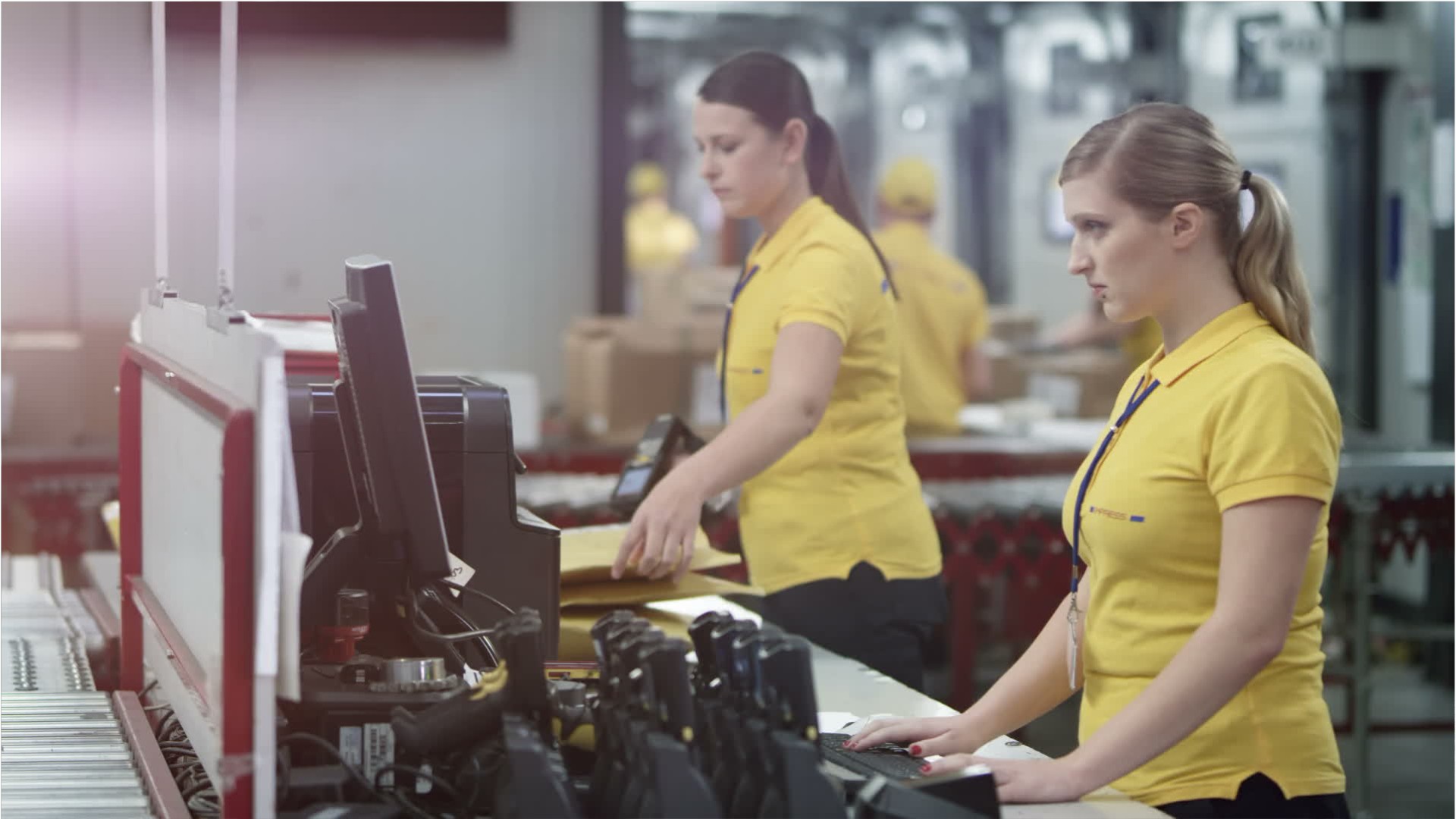Weighers, Measurers, Checkers, & Samplers, Recordkeeping
Fluid Operator, Inventory Specialist, Quality Assurance Inspector (QA Inspector), Temperature Taker
 Select a military branch to see samples.
Select a military branch to see samples.
Medical Materiel; Medical Materiel Apprentice; Medical Materiel Craftsman; Medical Materiel Helper; Medical Materiel Manager; Medical Materiel Superintendent; Traffic Management Operations; Traffic Management Operations Craftsman; Traffic Management Operations Helper; Traffic Management Operations Journeyman
Automated Logistical Specialist; Medical Logistics Specialist; Unit Supply Specialist
No similar titles were found.
Inventory Management Specialist
Logistics Specialist; Logistics Specialist (Submarine)
No similar titles were found.
What they do:
Weigh, measure, and check materials, supplies, and equipment for the purpose of keeping relevant records. Duties are primarily clerical by nature. Includes workers who collect and keep record of samples of products or materials.
On the job, you would:
- Document quantity, quality, type, weight, test result data, and value of materials or products to maintain shipping, receiving, and production records and files.
- Weigh or measure materials, equipment, or products to maintain relevant records, using volume meters, scales, rules, or calipers.
- Collect or prepare measurement, weight, or identification labels and attach them to products.
Knowledge
Manufactured or Agricultural Goods
- manufacture and distribution of products
Math and Science
- arithmetic, algebra, geometry, calculus, or statistics
Arts and Humanities
- English language
Business
- administrative services
Skills
Basic Skills
- thinking about the pros and cons of different ways to solve a problem
- reading work related information
Problem Solving
- noticing a problem and figuring out the best way to solve it
Abilities
Verbal
- read and understand what is written
- communicate by speaking
Attention
- pay attention to something without being distracted
Math
- add, subtract, multiply, or divide
- choose the right type of math to solve a problem
Personality
People interested in this work like activities that include data, detail, and regular routines.
They do well at jobs that need:
- Attention to Detail
- Dependability
- Cautiousness
- Integrity
- Achievement Orientation
- Cooperation
Technology
You might use software like this on the job:
Enterprise resource planning ERP software
- Oracle JD Edwards EnterpriseOne
- SAP software
Presentation software
- Microsoft PowerPoint
Electronic mail software
- Email software
- Microsoft Outlook
Education
Education: (rated 2 of 5)
high school diploma/GED or
no high school diploma/GED
usually needed
no high school diploma/GED
usually needed
Job Outlook
Below Average
New job opportunities are less likely in the future.
Explore More
- Inspectors, Testers, Sorters, Samplers, & Weighers
- Laborers & Freight, Stock, & Material Movers, Hand
- Machine Feeders & Offbearers
- Packers & Packagers, Hand
- Shipping, Receiving, & Inventory Clerks
You might like a career in one of these industries:
See more details at O*NET OnLine about Weighers, Measurers, Checkers, & Samplers, Recordkeeping.





